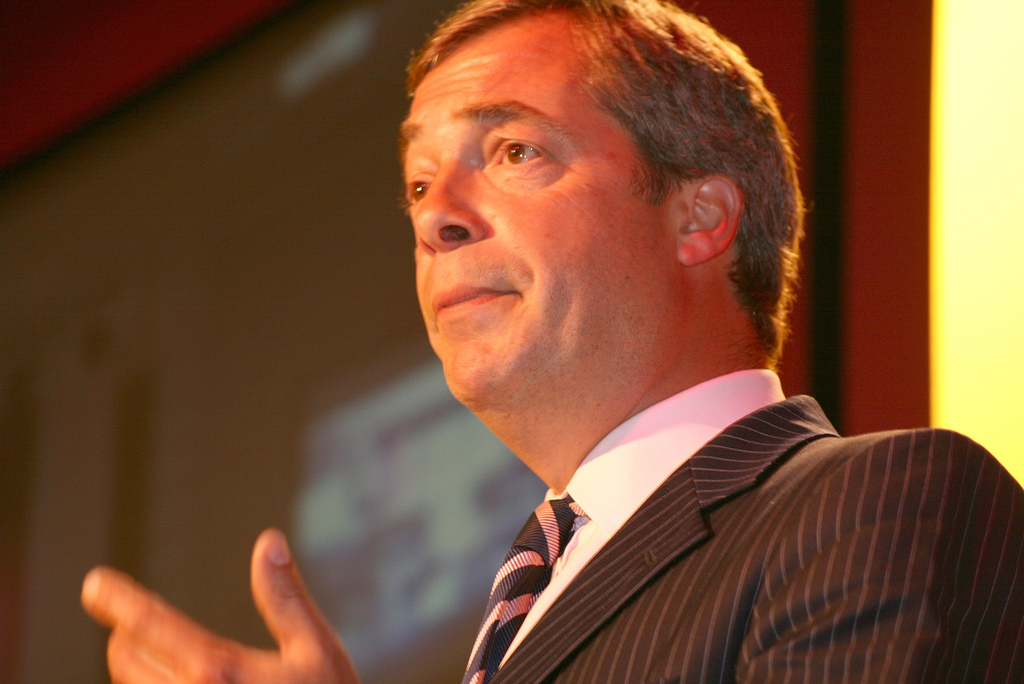
The party, led by Nigel Farage, released its pledges today in what it’s calling the party’s ‘Contract’ – boycotting the use of the word “manifesto”.
Increases to income tax thresholds
Farage’s party plans to raise the tax-free personal allowance to £20,000 from its current position of £12,570, which would save workers almost £1,500 per year.
A change to the higher-rate income tax bracket would also be applied, increasing the threshold from £50,270 to £70,000, saving the highest earners £4,000 per year.
In contrast, both Labour and the Conservatives have committed to keeping the freeze on income tax thresholds in place until 2027/28.
Reform also plan to hand a more lucrative tax break to married couples, who would get a bigger marriage allowance than the current system.

Wellness and wellbeing holidays: Travel insurance is essential for your peace of mind
Out of the pandemic lockdowns, there’s a greater emphasis on wellbeing and wellness, with
Sponsored by Post Office
Currently, if one half of a couple earns less than the £12,570 personal allowance, they can hand any unused allowance to their spouse, with a potential tax saving of around £250 per year. Reform would extend this for couples with children to hand them an even bigger tax break.
Scrapping stamp duty for the majority
A bold move by the party is its proposal to scrap stamp duty on all home purchases up to £750,000 and reduce the rates for more expensive properties.
A buyer purchasing a property worth £750,000 would pay £25,000 in stamp duty under the current rules. Those buying more expensive properties would benefit from a reduction in rates, and the move would save someone who is buying a £1.5m property more than £76,000 in stamp duty.
Laura Suter, director of personal finance at AJ Bell, said: “The Reform Party has come out with a huge £70bn tax giveaway for people’s personal taxes, covering a whole gamut of taxes from stamp duty to income tax to inheritance tax.
“While the other parties have been more frugal in their proposed tax breaks, Reform have gone all out with crowd-pleasing measures. But, of course, the cost for that has to come from elsewhere, with a cut to Government spending, a slashing of the foreign aid bill and scrapping net zero all on the cards, among other things.”
Inheritance tax overhaul
Reform have also pledged to scrap inheritance tax for some people.
Suter added: “Often referred to as the most hated tax in the UK, despite only being paid by a small proportion of the population, Reform’s pledge to scrap inheritance tax for some people is likely to be welcomed, even by those who would never pay it. The party plans to scrap the tax for estates worth £2m or less, meaning that only the wealthy would pay it, and lower the rate of tax to 20%.
“Inheritance tax raises around £6bn a year in the latest data available and is increasing this year, so the change would leave a significant dent in the Treasury ledger.”
Abolishing IR35 tax regime
Among Farage’s manifesto promises is his commitment to abolish IR35 rules within 100 days of coming to power.
The IR35 tax regime was introduced to the private sector on 6 April 2021, a year later than planned due to the Covid-19 outbreak.
The rules apply to workers, freelancers and contractors who provide their services through their own limited company or another type of intermediary to a client, but who would otherwise be an ‘employee’ if the intermediary was not used.
Self-employed contractors typically work under this kind of arrangement to reduce the tax they pay, but the IR35 rules aim to make sure they pay broadly the same tax and National Insurance contributions (NICs) as an employee.
Seb Maley, chief executive of IR35 compliance expert Qdos, said: “Reform UK has set out its plans, and it looks like a comprehensive offering for the UK’s self-employed. While we should be mindful of whether the party wants to abolish IR35 itself or the off-payroll working rules, it’s a big statement either way.”




